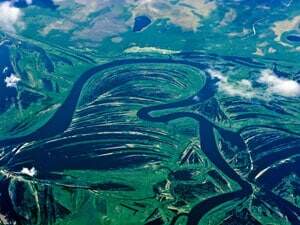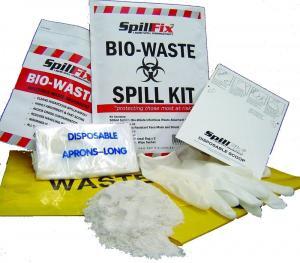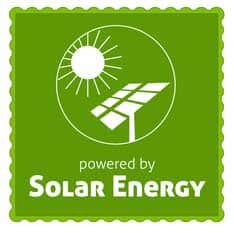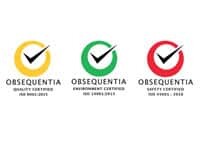 The Green Movement in Russia is not the strongest. Corruption, big business and a devaluation of environmental concerns is the predominating approach to environmental issues.
The Green Movement in Russia is not the strongest. Corruption, big business and a devaluation of environmental concerns is the predominating approach to environmental issues.
The country faces serious ecological challenges and according to Alexei Yablokov, the problems “are exaggerated and exacerbated by state authorities that still view environmental cost as part and parcel of “the quest for economic gain.” What is required, he maintains, “is a significant change in mindset towards the environment in both the Russian power-structures and the wider society in order to arrest the trend of environmental neglect” across the country.[1]
Experts in the country claim that 90,000 of Russia’s 180,000 per annum miscarriages are due to environmental causes and that the reason for a reduction in life expectancy over the past 20 years (Russia is the only developed nation in the world to have a declining life expectancy) is also in part due to environmental problems.
Other figures also reveal that approximately 60 million Russians live in areas of high-very high air pollution and that half the total population is negatively impacted by extremely high concentrations of solid particulate matter in the air.
Environmentally Unfriendly Technology
In other parts of the world, environmentally unfriendly technology is on the way out or challenged significantly by green groups, green politics and the mainstreaming of environmental issues. In Australia this is very much the case. The carbon tax, the focus on the environment, the approach of companies such as Envirosafe Solutions all indicate a transformative shift that augurs well for the future. But in Russia, the situation is still very different.
For example, “the dumping of inadequately treated industrial, agricultural and municipal waste and the uncontrolled flow of such polluted waters has led to widespread water pollution” and is still common practice.[2]
Over 8 years ago, BBC correspondent Steve Eke ran a story that outlined the disastrous environmental issues faced by Russia.[3] Even then, the situation was deemed to be getting worse, and little has been done in the interim years to alleviate the problem. Drinking water was unsafe in half the country’s regions in 2002, and today, this is still the case. Only 12-14% of Russia’s lakes and waterways are ecologically clean and the quality of the groundwater is also decreasing as the years go by.[4]
De-Environmentalism Policies
A policy of de-environmentalism underpins this poor environmental record. Presidents Putin and Medvedev have continued a relentless drive towards natural resources exploration and development, without necessary environmental safeguards such as those in Australia, other areas of Europe and America.
Additionally, the following policy strategies have been implemented, which further weakens any legislative foundations for green change in the country:
- Dissolution of the Russian EPA in 2000
- De-strengthening of environmental protection legislation in forestry, water and urban planning sectors between 200 and 2006
- De-strengthening of state environmental controls since the new millennium
- Reduction in power of environmental impact assessments
- Obstruction and disempowering of environmental non-government organisations since the new millennium
- Reduced funding for environmental programs (since 1995.)[5]
Alexie Yalbakov states that strengthened legislation and the restoration of federal agencies that protect the environment is the only solution to this massive issue. Clean industry and energy practices need to be developed and initiated and introduced, so that Russia is once again on par with other western nations when it comes to addressing the important issue of the environment.
Envirosafe Solutions supports proactive green industry and business and believes real change is possible through a considered approach that is business and government based.
Join the green revolution and use Envirosafe Solutions Eco-friendly products. Telephone 1300 889070 for more information.
[1] http://www.isn.ethz.ch/isn/Digital-Library/Policy-Briefs/Detail/?lng=en&id=116687
[2] ibid
[3] http://news.bbc.co.uk/2/hi/europe/2512697.stm
[4] http://www.isn.ethz.ch/isn/Digital-Library/Policy-Briefs/Detail/?lng=en&id=116687
[5] ibid




















